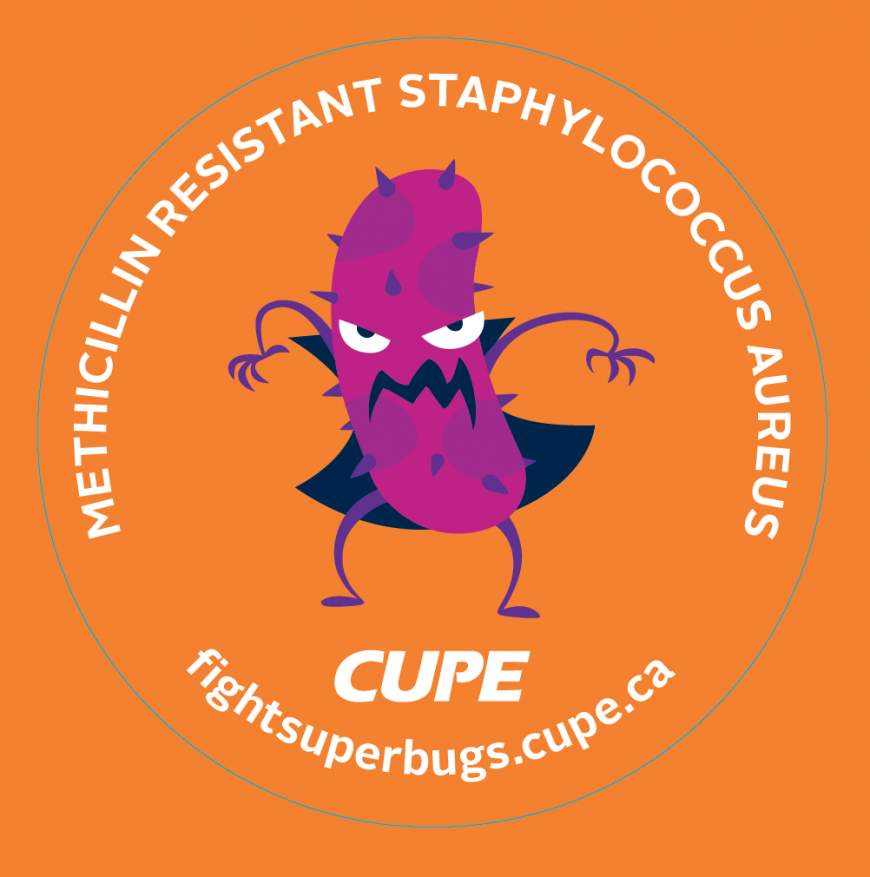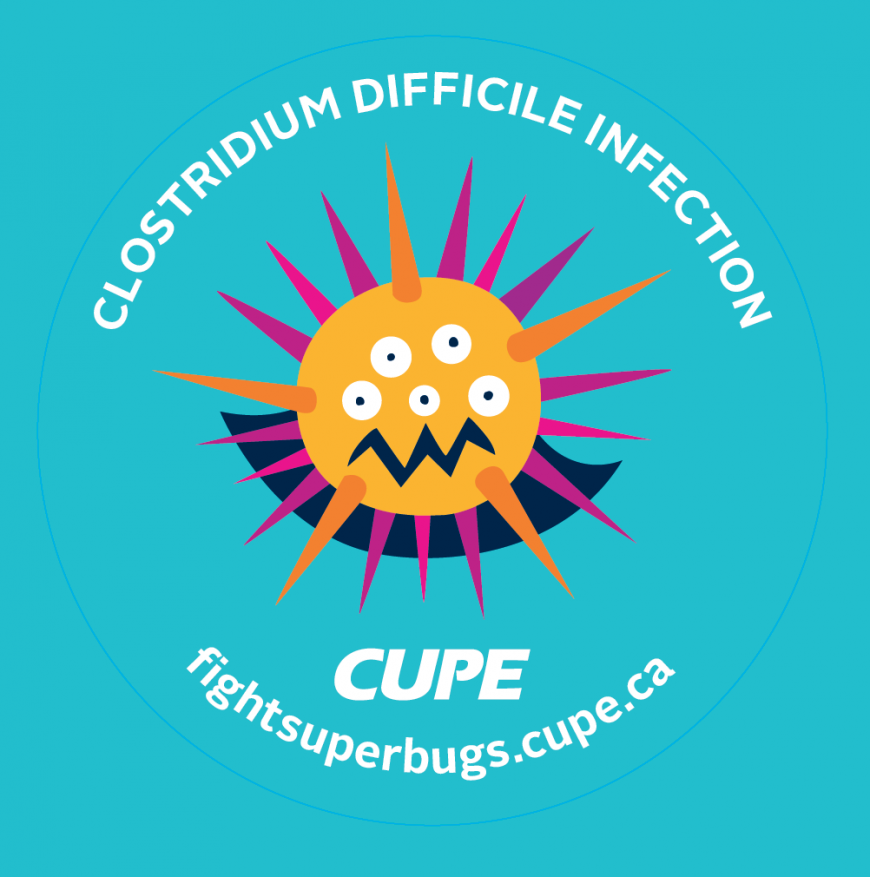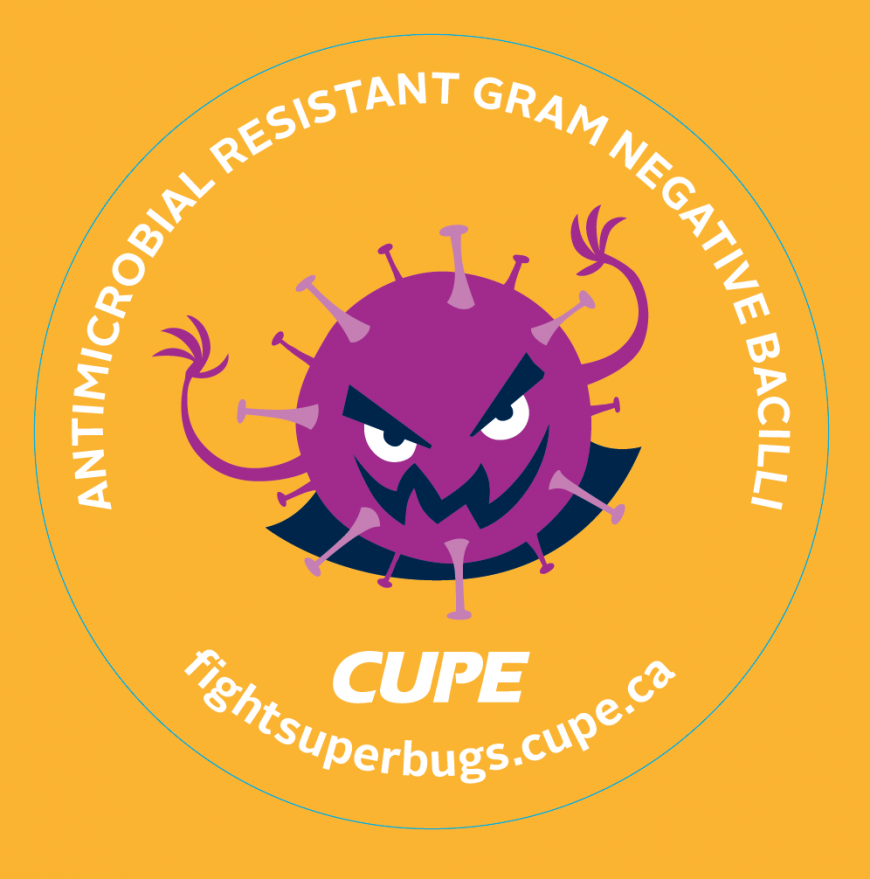Methicillin-resistant Staphylococcus aureus (MRSA) is a bacteria that is resistant to many antibiotics.
Staph and MRSA can cause a variety of problems ranging from are skin infections and sepsis to pneumonia to bloodstream infections.
Clostridium Difficile Infection
Clostridium difficile (C. difficile) is a bacterium that causes mild to severe diarrhea and intestinal conditions like pseudomembranous colitis (inflammation of the colon). C. difficile is the most frequent cause of infectious diarrhea in hospitals and long-term care facilities in Canada, as well as in other industrialized countries.
Frequent hand hygiene is the most effective way of preventing the transmission of healthcare associated infections. Hand washing with soap and water is important during C. difficile outbreaks and is one of the best defences against further spread of the bacteria. (Public Health Agency of Canada Fact Sheet)
Carbapenemase-Producing Enterobacteriaceae
These bugs are a family of bugs that are considered gram-negative bacteria that are resistant to the “carbapenem class of antibiotics”. They are resistant because they produce an enzyme called a carbapenemase that disables the drug molecule. The resistance can vary from moderate to severe. Enterobacteriaceae are common commensals and infectious agents.
Experts fear CRE as the new “superbug”.
The bacteria can kill up to half of patients who get bloodstream infections.
Alcohol based hand rubs are effective to prevent the spread of these bugs.
Antimicrobial Resistant Gram Negative Bacilii
Gram-negative bacteria cause infections including pneumonia, bloodstream infections, wound or surgical site infections, and meningitis in healthcare settings.
Gram-negative bacteria are resistant to multiple drugs and are increasingly resistant to most available antibiotics. These bacteria have built-in abilities to find new ways to be resistant and can pass along genetic materials that allow other bacteria to become drug-resistant as well. CDC’s aggressive recommendations, if implemented, can prevent the spread of gram-negatives. (Centre for Disease control and Prevention)




